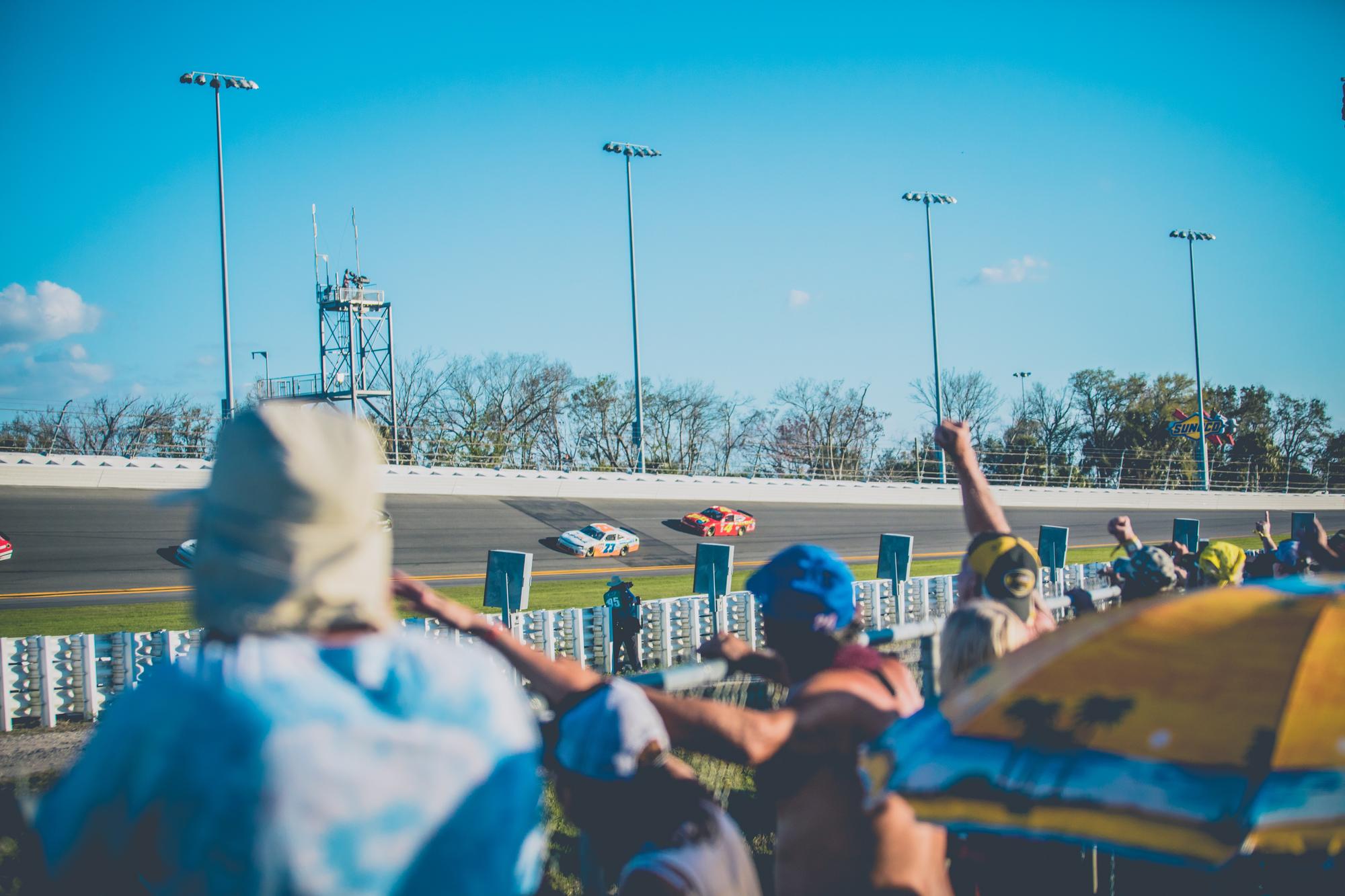Balancing Safety and Sanity: Rethinking Cannabis Use Off the Track
In professional motorsports, safety and discipline are non-negotiable—from the driver’s reflexes behind the wheel to the precision of every pit stop. Yet as cannabis legalization expands across the U.S., a growing debate is emerging within the paddock: Should off-duty cannabis use by drivers or pit crew members still be penalized under current rules?
Outdated Rules in a Changing Landscape
Most major racing organizations—including NASCAR, IndyCar, and Formula 1—continue to prohibit cannabis under blanket substance abuse policies that group THC with performance-enhancing drugs. Under NASCAR’s current framework, a positive test for THC can lead to suspension, fines, and mandatory rehabilitation, even if the use occurred legally and days before competition.
This zero-tolerance approach reflects policies written decades ago, before state-level legalization and before modern understanding of cannabis science. Today, drivers and crew working in states like Nevada or California can legally purchase cannabis—yet risk their careers if it shows up in a random test.
The Science Gap
Unlike alcohol, cannabis impairment isn’t easily measured. THC metabolites can remain in a person’s system for days or even weeks after consumption, long after any psychoactive effects fade. That means a driver or crew member could test positive despite being completely sober on race day.
In 2024, the U.S. Department of Transportation began reviewing its THC testing policies for commercial drivers to better distinguish between active impairment and residual traces. Motorsports organizations could follow suit by adopting testing protocols that emphasize safety over stigma.
Mental Health and Personal Choice
The high-stress world of motorsports pushes both drivers and pit crews to the edge. Long travel schedules, high-pressure competition, and constant noise take a toll on physical and mental health. Many professionals turn to alcohol or prescription sleep aids—substances that are often more dangerous than cannabis.
CBD and low-THC formulations, when used responsibly off-duty, can aid in recovery, improve sleep, and reduce anxiety. Penalizing such use contradicts broader wellness trends embraced in other sports. The NFL, UFC, and NBA have all taken steps toward decriminalizing or de-emphasizing cannabis testing, acknowledging both its therapeutic value and shifting public attitudes.
Toward Smarter Regulation
Motorsport’s safety record is built on adapting to new information — from mandating head restraints to redesigning car chassis for impact absorption. The same spirit of evidence-based regulation should guide the conversation on cannabis.
A balanced policy could maintain strict no-use rules before competition while allowing off-duty use in legal jurisdictions. A threshold-based approach — similar to what the World Anti-Doping Agency now uses — would prevent punishment for trace, non-impairing THC levels. This ensures fairness without compromising safety.
Moving Forward
Revisiting cannabis policy isn’t about promoting consumption. It’s about fairness, science, and respect for personal freedom. As the stigma fades and the research grows clearer, motorsports organizations have an opportunity to modernize — protecting both the integrity of competition and the well-being of the people who make it possible.
Balancing safety and sanity requires acknowledging that responsible, off-duty cannabis use is not the same as impairment. It’s time for racing’s governing bodies to update their rulebooks to reflect reality — one where personal responsibility and public safety can coexist on and off the track.

